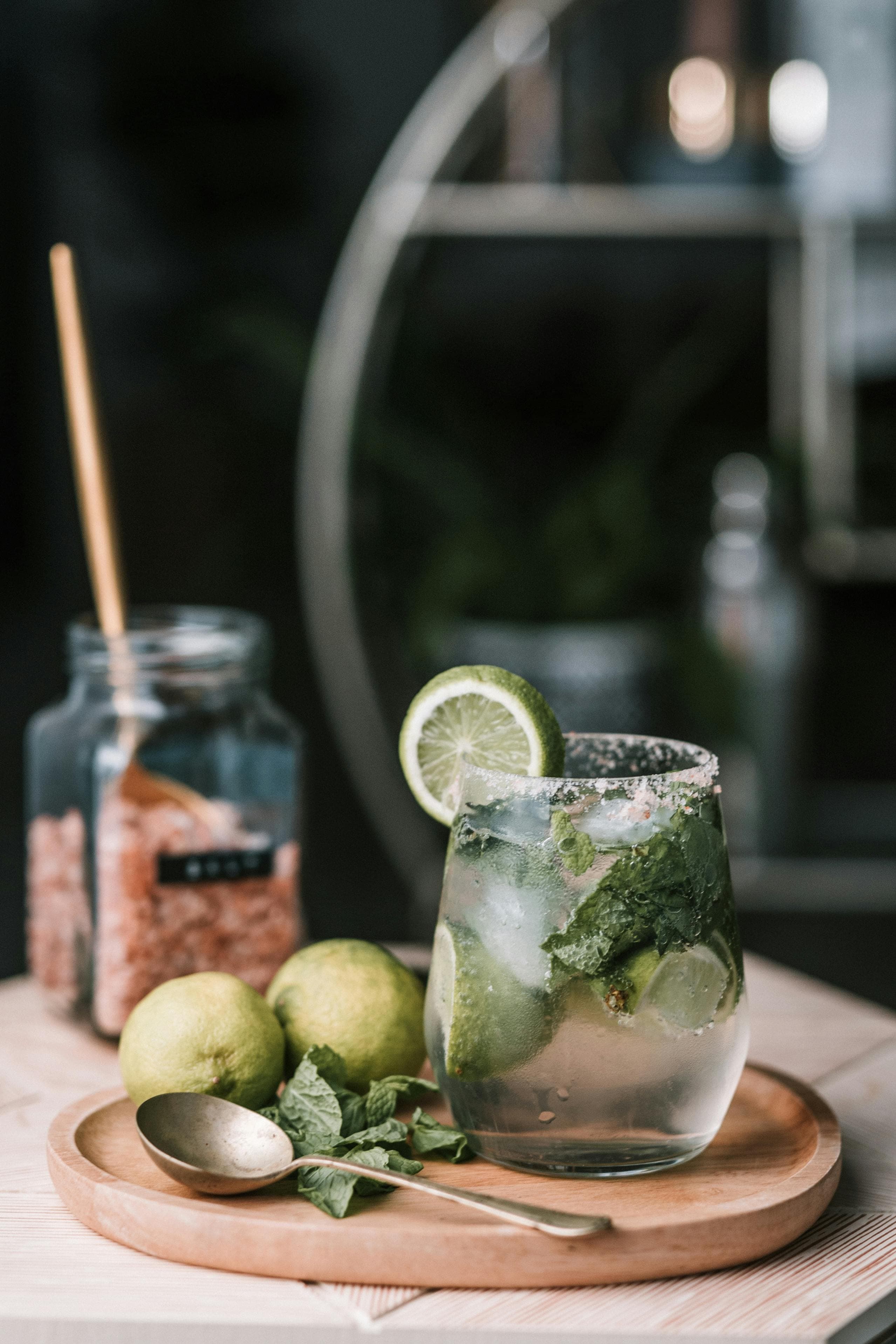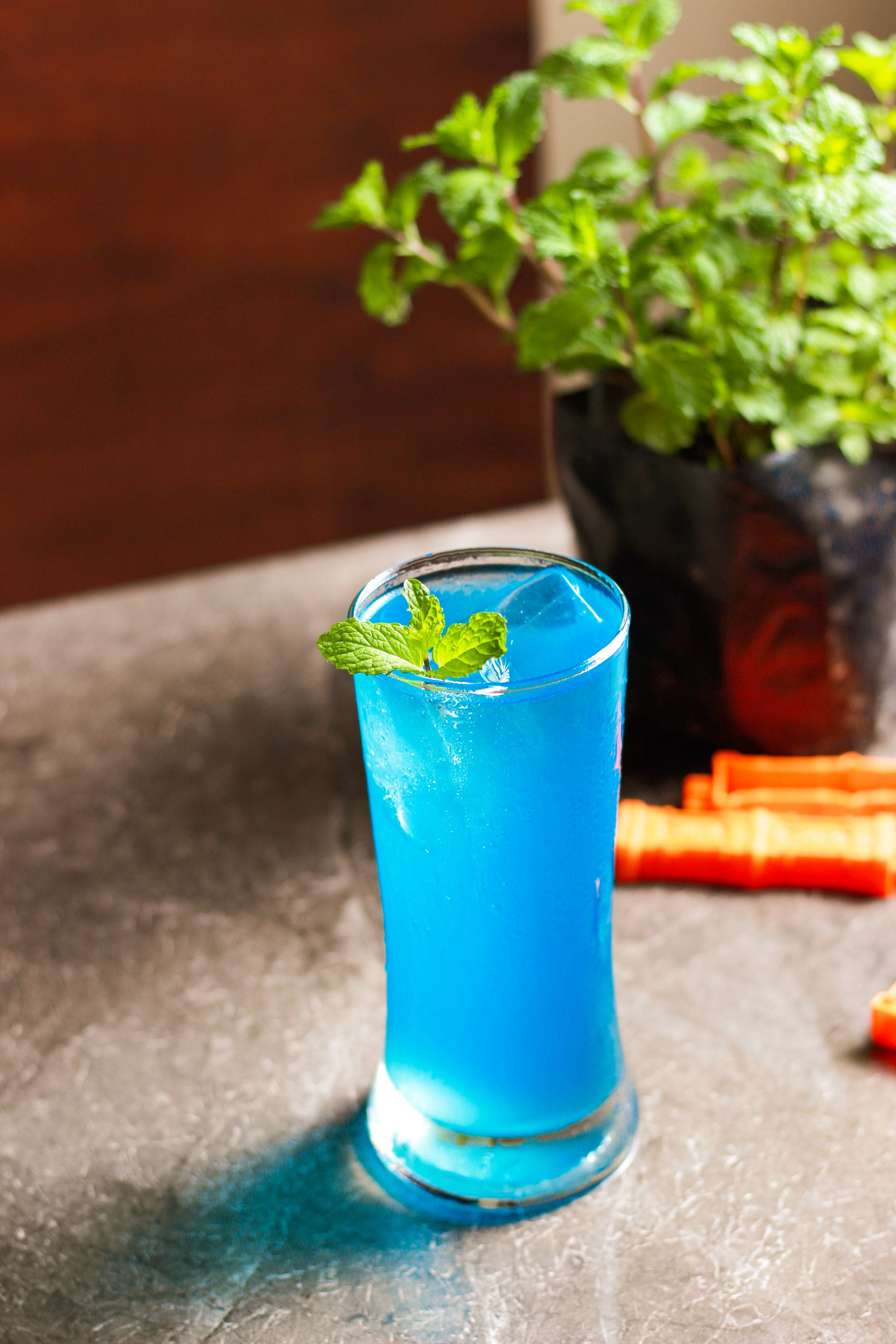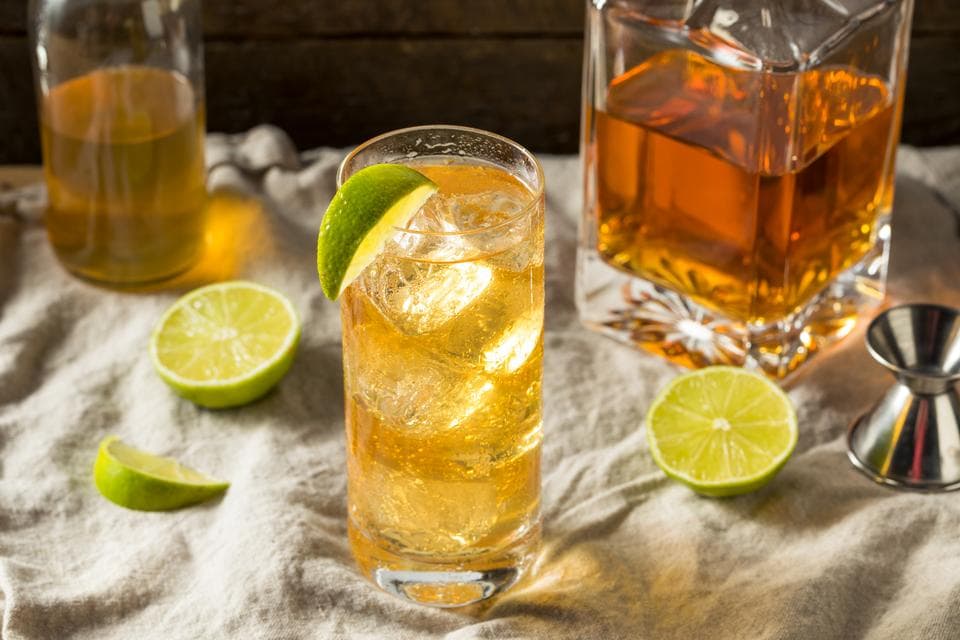Virgin Mojito Cocktail
Complete with the freshness of mint and lime, this non-alcoholic spin on the classic cocktail is a popular beverage option for summer barbecues, brunches and high tea parties. Contemporary innovations of the mocktail have also included a variety of citrus beyond limes and lemons, using ingredients such as grapefruit and yuzu.
5 Minutes
Prep Time
Beginner
Skill Level
1
Serving Size
Ingredients
Serves1- Check off ingredients
- 6nos fresh mint leaves
- 2nos lime wedges (or 15 ml fresh lime juice)
- 10mL simple syrup (or to taste)
- Soda water (to top)
- Ice cubes
Method
- Step 1
In a tall glass, muddle the mint leaves and lime wedges lightly to release oil and juice—do not shred the herb.
- Step 2
Add the simple syrup and fill with ice cubes, then fill with soda water to the brim of the glass.
- Step 3
Stir lightly to combine the flavours well, and serve at once, before garnishing with a sprig of mint or slice of lime, if desired.
Tips & Suggestions
Frequently Asked Questions
Why is a Virgin Mojito cocktail called Virgin?
Can a Virgin Mojito mocktail be made by shaking?
Why does a Virgin Mojito mocktail need crushed ice?
This content is not available in your location
You may also love these
Rate This Cocktail
If you love this recipe then tab a star to rate it.

Tap for rating
Display Name
Please share your opinion about the Cocktail.





